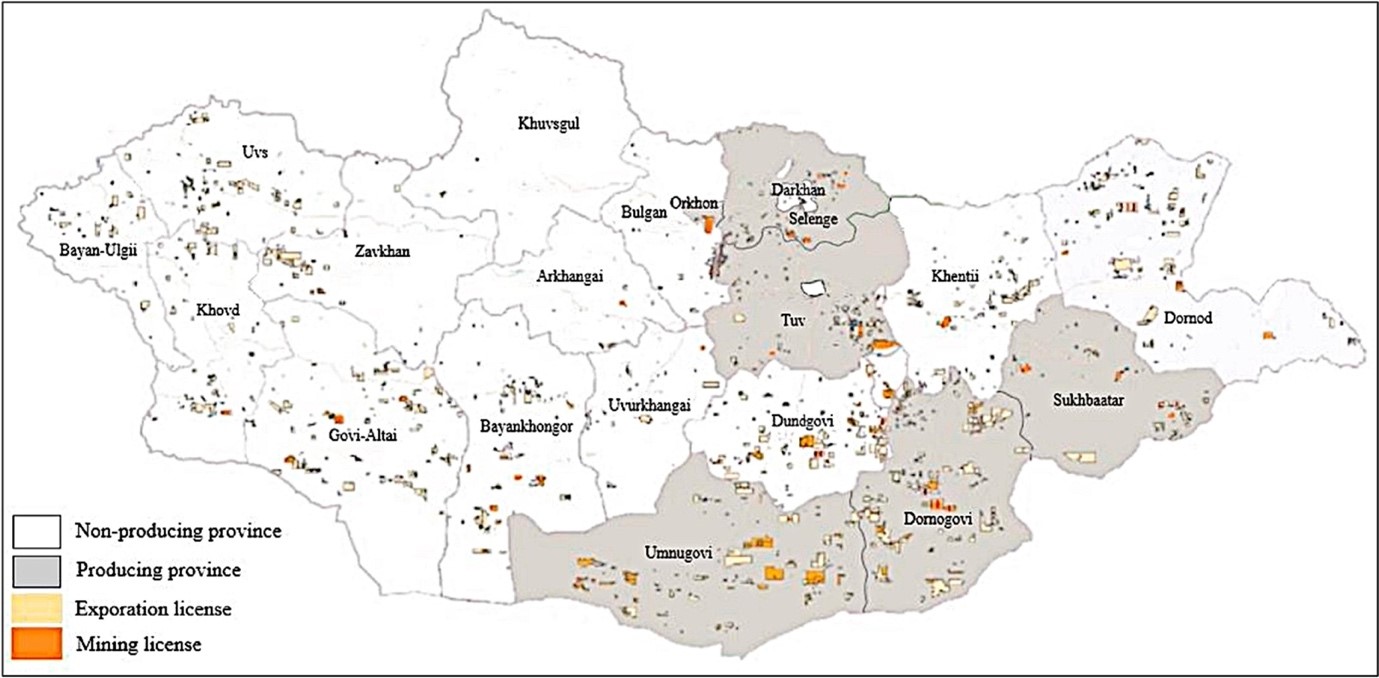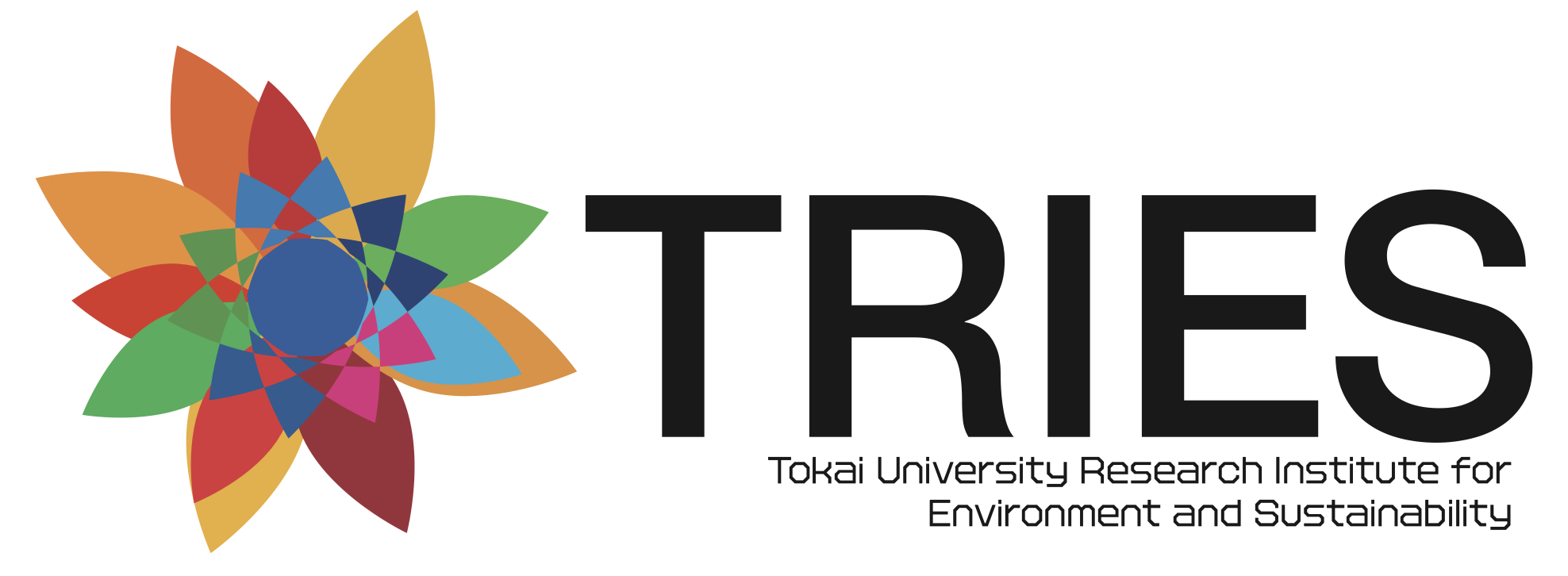ESG and Social Impact Assessment in mining – an analysis in Mongolia
1/15 2024
Author: Troy Sternberg
Inspired by our ESG conference and ongoing research, my research paper ‘Mongolian Mining Engagement with ESG and Social Impact Assessment’ (in Environmental Impact Assessment Review) examined how global initiatives such as ESG, SIA and SDGs have limited impact in mining host-nations. In this study Lower and Middle Income Countries (LMICs) like Mongolia face challenges to legislate and implement Impact Assessment standards. Conducting fieldwork in Mongolia identified strong community support for Social Impact Assessment guidelines and legislation. However, due to weak governance and poor policy implementation, Environmental Social Governance and Impact Assessment principles receive inadequate attention and uptake in Mongolia. This is exemplified in the country’s ranking as 157th in ESG with similar shortfalls in Social Impact Assessment and integration of the Sustainable Development Goals (SDGs).
In Mongolia, the most mining-dependent country in Asia, addressing and mitigating industry impacts is key to continued resource extraction and economic progress. Though mining licenses cover 4% of the country, there is no social impact assessment (SIA) legislation and poor ESG implementation (Figure 1 below). Extensive research on the development of SIA guidelines identified great popular support yet slow official uptake and commitment. Ongoing engagement with civil society has seen regulations advanced and the legislative process initiated. Mongolia's struggle identifies common challenges LMICs face in the implementation of global initiatives. Whilst well-intentioned, without government commitment ESG and SIA will remain ambiguous terms for serious social and environmental issues in mining nations.

For a country that is ‘the richest in the world in terms of per capita mineral resources’ (see paper), Mongolia has much work to do to improve mining outcomes. Research identified the little attention given to Social Impact Assessment in the country. It also stresses the lack of relevant research and national debate on current global initiatives. As a democracy with an international outlook Mongolia would be expected to perform better. Powerful businesses, corruption and elite capture and the drive for tax revenue result in weak governance, social protest and a disillusioned public. The documented progress, from initiating an official Working Group to assigning a legislation timetable for SIA implementation, marks Mongolia as a reforming country. Though remote, Mongolia provides an example of the need to improve mining outcomes. As their pathway to improved SIA and incorporating ESG principles moves forward, continued effort by civil society will be vital to legislation and implementation.
